Universal Hydrogen completes first taxi tests; granted experimental airworthiness certificate by FAA; Air New Zealand agreement
Green Car Congress
FEBRUARY 8, 2023
Universal Hydrogen was granted a special airworthiness certificate in the experimental category by the Federal Aviation Administration (FAA) to proceed with the first flight of its hydrogen-powered regional aircraft. —Paul Eremenko, co-founder and CEO of Universal Hydrogen Air New Zealand.



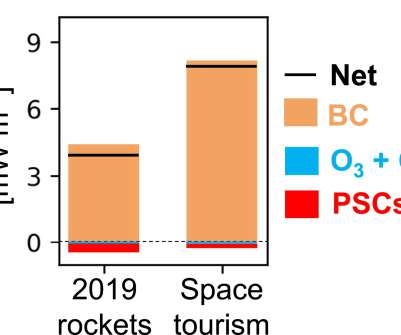

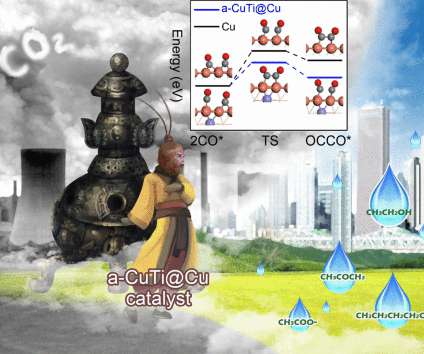







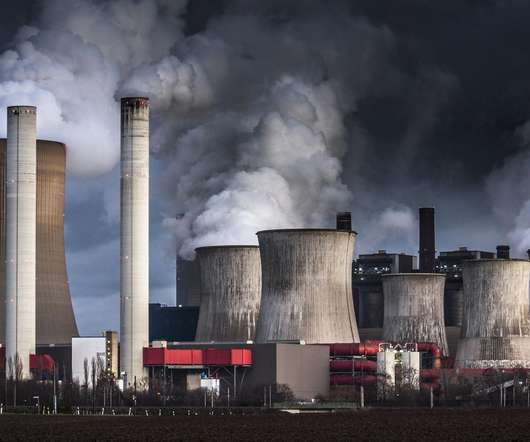





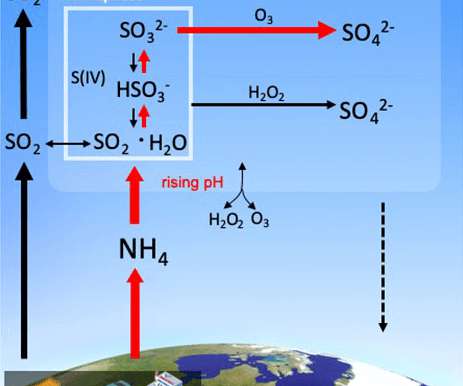



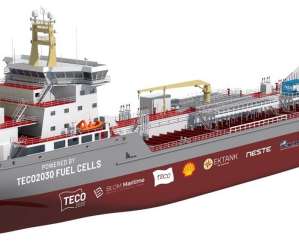
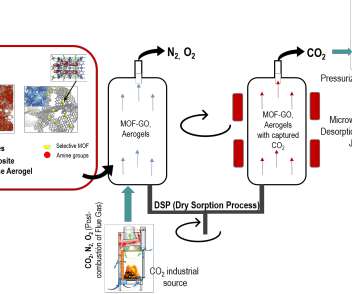










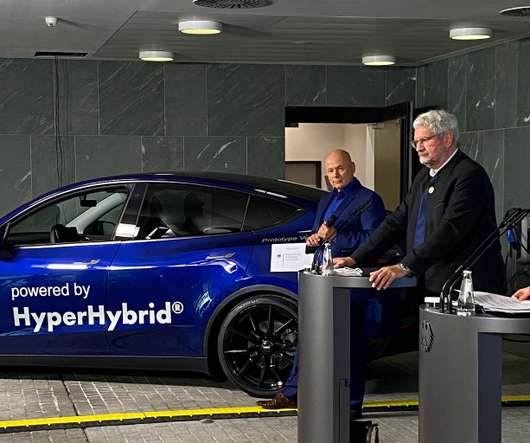
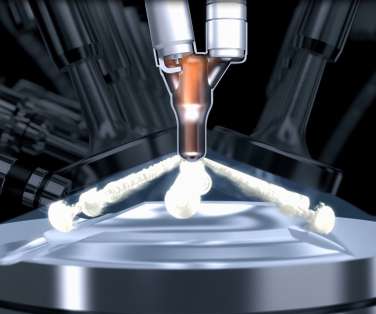






Let's personalize your content